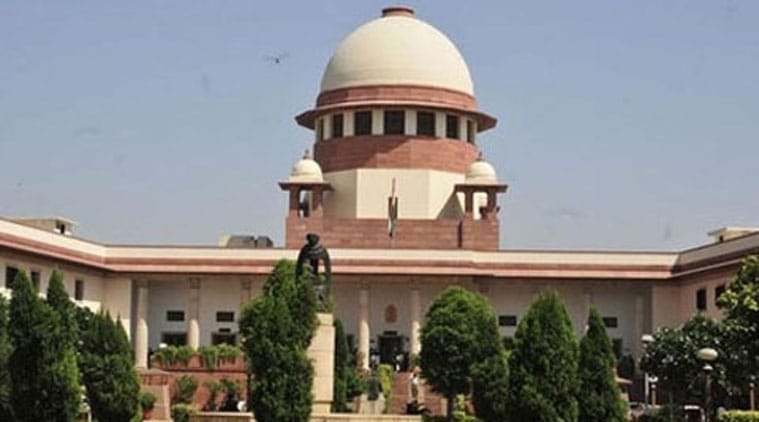
The Supreme Court Thursday refused urgent hearing of a petition challenging the Presidential Order on Article 370, which revoked special status to Jammu and Kashmir. The bench headed by Justice N V Ramana said the plea, filed by advocate ML Sharma, would be heard in due course. Sharma had sought a hearing on either on August 12 or 13.
The bench also declined to hear a plea filed by activist Tehseen Poonawalla, against the detention of political leaders and curfew imposed in Kashmir. It said the petition would be listed before the Chief Justice of India.
Poonawalla challenged the detention of former chief ministers Omar Abdullah and Mehbooba Mufti and Jammu and Kashmir People’s Conference leader Sajjad Lone who were put under house arrest on Sunday, and later detained. He also sought withdrawal of “curfew/restrictions” and other measures like the blocking of phones, Internet and news channels in the newly created Union Territory.
Appearing for Poonawalla, advocate Suhail Malik said that he was not expressing his opinion on Article 370 but seeking the withdrawal of the restrictions imposed. He added that people needed to talk to their family members, and have a right to know about their well-being.
Read | Kashmir Valley has seen many a lockdown but why this time it is so different
Parliament Tuesday ratified the government’s decision to end the special status of Jammu and Kashmir and bifurcate the state into two Union Territories. The UT of J&K will be with a legislature, while the Ladakh UT will be without a legislature.
The region will now experience a shift in the laws governing the state. Property-related laws, criminal laws, and crucuial central laws like Right to Information and Education, among others will now be applicable in the proposed Union Territories.